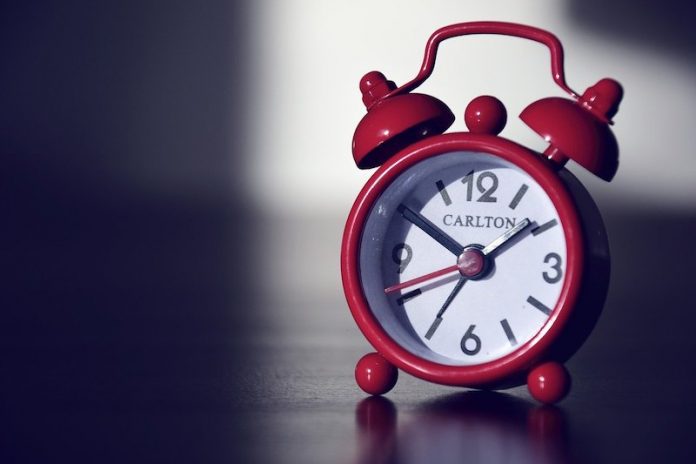
In a new study, researchers found that people with chronic insomnia who pulled an all-nighter performed up to twice as bad on a reaction time task as healthy normal sleepers.
The research was conducted by a team at Washington State University.
Poor daytime functioning is a frequent complaint among those suffering from insomnia.
However, previous studies have found that their daytime cognitive performance is not strongly degraded. This suggests that it is a perceived issue that does not reflect a real impairment.
The new study revealed that the impairment may, in fact, be real but hidden during the normal day—yet exposed after pulling an all-nighter, which impacted them much more than age-matched healthy people.
The research team examined 14 volunteer participants.
Half of the group consisted of individuals who had chronic sleep-onset insomnia, the inability to fall asleep within 30 minutes for at least three nights a week for more than three months.
The other half were healthy normal sleepers who served as controls.
The two groups of participants were matched in age, with all participants aged between 22 and 40 and an average age of 29 for both groups.
Participants spent a total of five days and four nights in the sleep laboratory. They were allowed to sleep normally during the first two nights.
They were kept awake the next night and following day—totaling 38 hours of total sleep deprivation—followed by a night of recovery sleep.
During their time awake, participants completed a series of performance tasks every three hours.
Before sleep deprivation, the insomnia group’s task performance looked very similar to that of the control group.
However, as soon as sleep deprivation started the researchers began to see a dramatic increase in lapses of attention and false starts in the insomnia group.
At one point during the night, their performance was twice as bad as that of the healthy normal sleepers.
The study suggests that even with a few hours of sleep deprivation—which people routinely experience for work or family reasons—those with sleep-onset insomnia may be much more impaired than those who normally sleep well at night.
The study serves as a warning to poor sleepers that they should try to maintain a regular sleep schedule and avoid pushing their limits by staying up all night.
The lead author of the study is Devon Hansen, an assistant professor in the Elson S. Floyd College of Medicine.
The study is published in the online journal Nature and Science of Sleep.
Copyright © 2019 Knowridge Science Report. All rights reserved.



